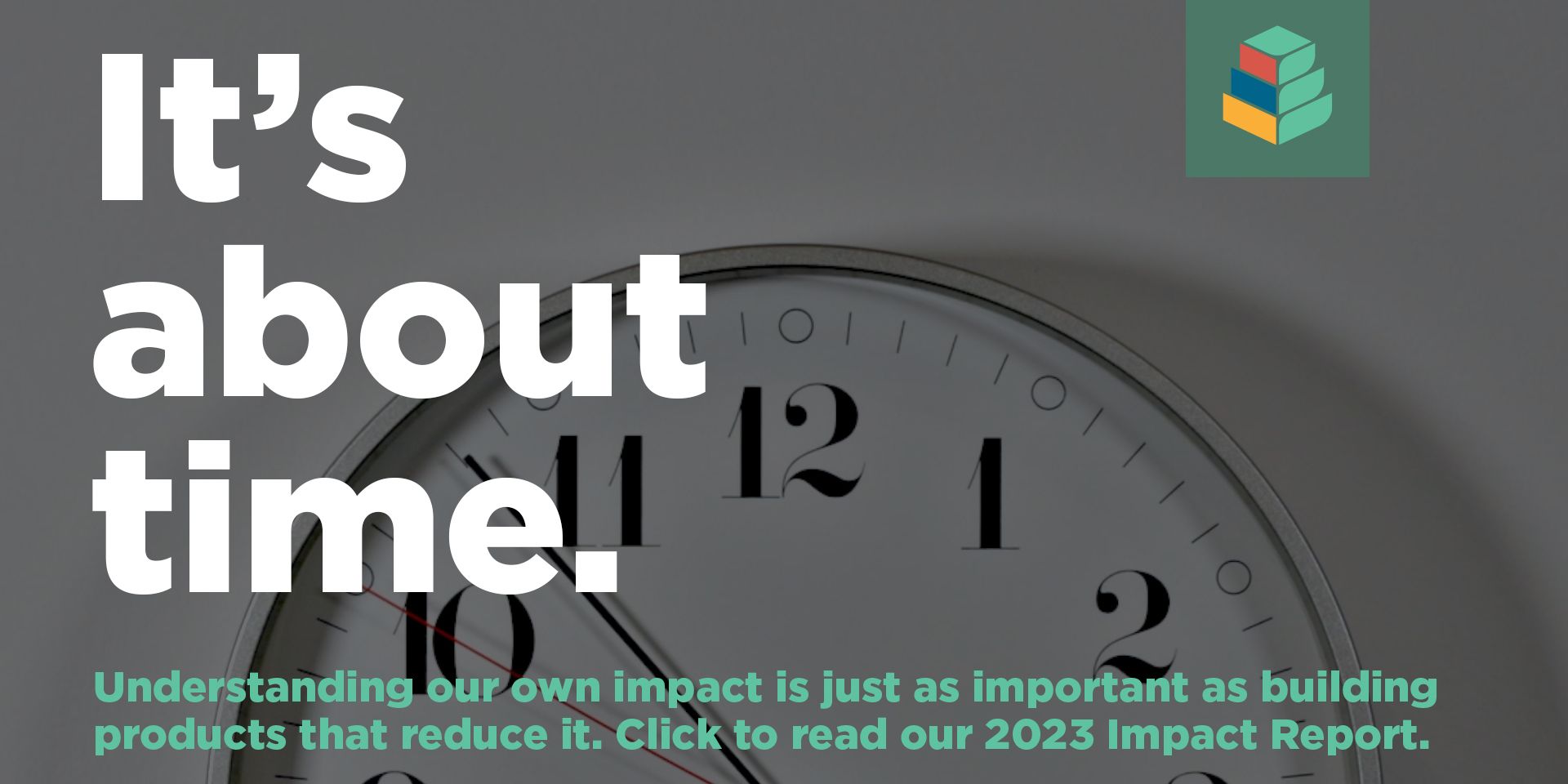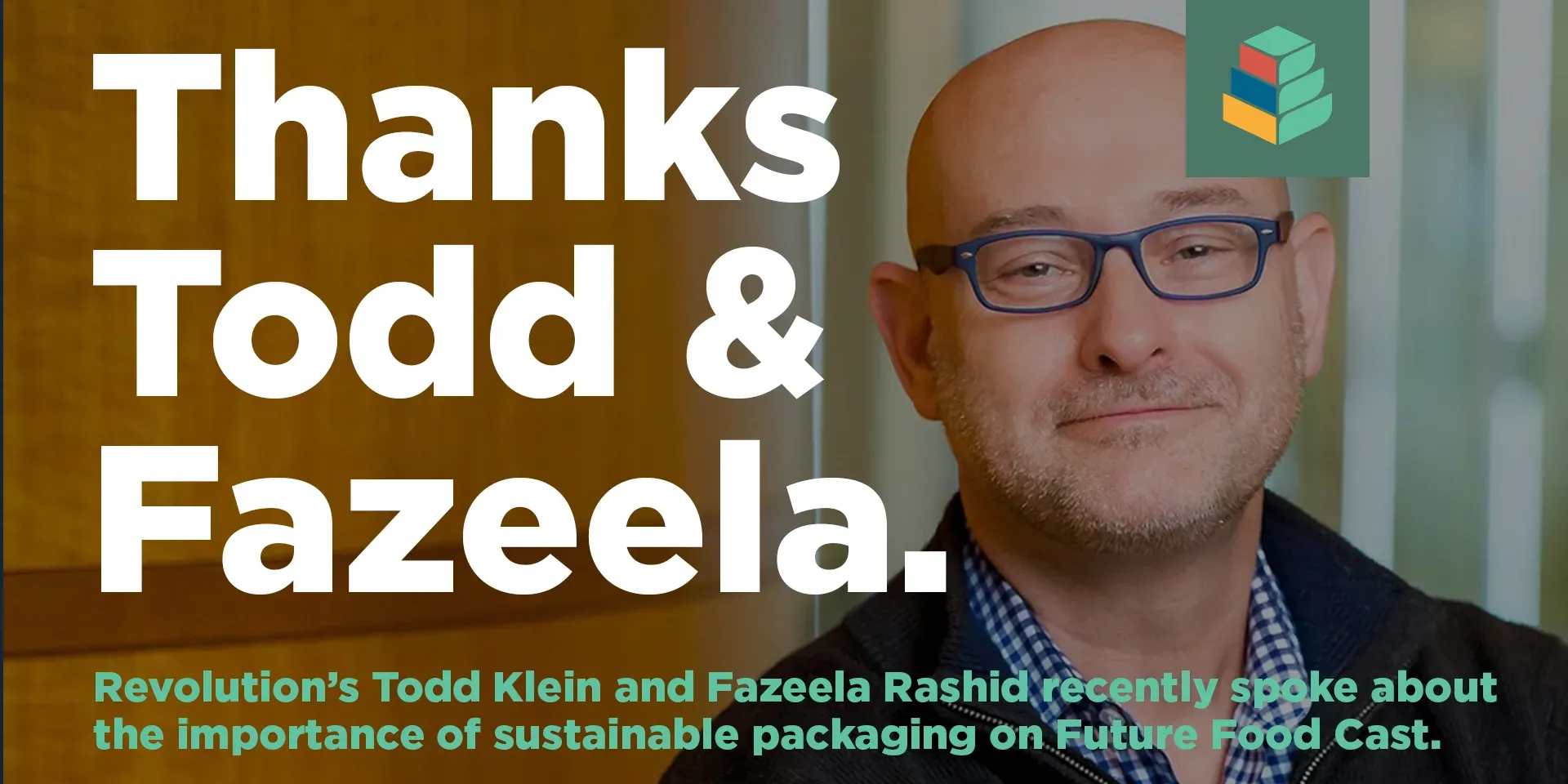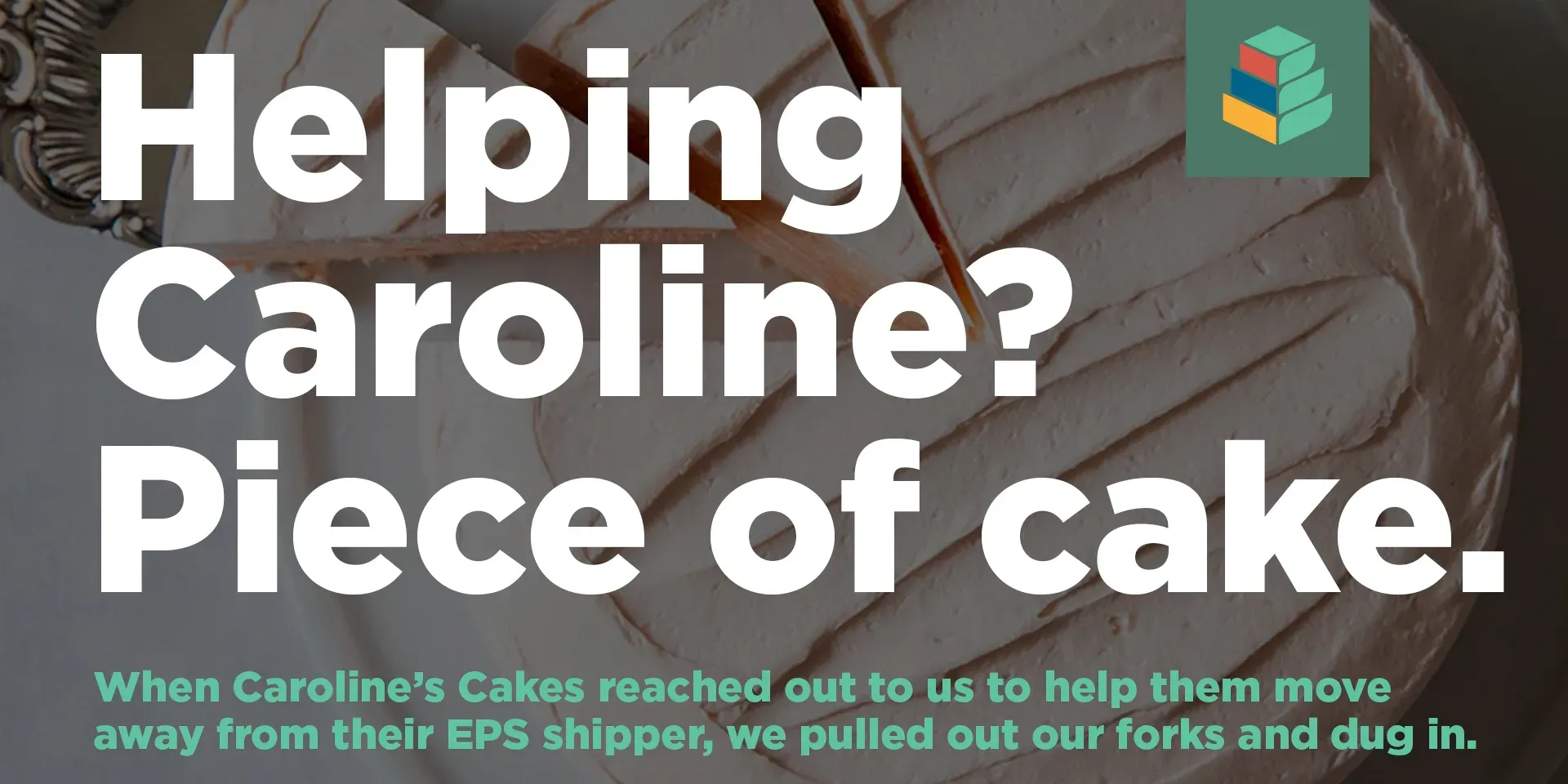Alana Semuels’ recent article, “Is this the End of Recycling?” in The Atlantic seems to have re-ignited conversations about the business and habits of recycling in the U.S. Here’s the good, bad and ugly about the author’s take on the state of recycling in our union.
in The Atlantic seems to have re-ignited conversations about the business and habits of recycling in the U.S. Here’s the good, bad and ugly about the author’s take on the state of recycling in our union.
The Good – Semuels describes the financial impact of moving waste to landfills within the United States. I’m so glad she brought this up – she’s right, there is a real financial impact of moving waste to landfills across the country. I wish she would have explored this area further. The waste market should operate just like any other free market where behavior and price are intertwined. As recycling slows down, prices for landfilling will go up, cities will require a heavier tax for waste disposal to cover their increased costs from the waste management service providers. As this cost becomes front and center, consumers will become more cognizant of the waste they create, and as a result – will put more pressure on companies to build more sustainable products. The financial cost is nothing to hide from – it’s the innovation driver.
The Bad – The writer doesn’t come across as sympathetic to China’s decision to place restrictions on imports of certain recyclables. The market for waste is like any other market. If you sell a bad product, you’re going to get called out for it. The U.S. has been selling a bad product. China called us out for it in their notification to the WTO in 2017: “We found that large amounts of dirty wastes or even hazardous wastes are mixed in the solid waste that can be used as raw materials. This polluted China’s environment seriously.” – Ministry of Environmental Protection. If the roles had been reversed, the U.S. would have done the same thing (only sooner).
The Ugly – By “ugly” I mean confusing. The topic of recycling is actually fairly complex so when The Atlantic publishes an article that makes statements about organic waste in landfills, decomposing, emitting methane and its resulting impact on our environment, it’s true but confusing. The article is about recycling and you cannot recycle many organic materials (e.g., tea bags, coffee filters, yard waste, not to mention the 3.5 billion lb. of food waste that we generate in the US each year), so those methane emissions seem odd to mention. Organic material should be composted (which was not even mentioned). This also seems odd to mention because plastics that are sequestered in a landfill do not generate emissions.
I admire Ms. Semuels for taking on the subject but she missed an opportunity to inspire leadership on a corporate and government level. We need to be less aspirational as consumers who believe we’re doing the right thing by throwing stuff in a green or blue bin and more geared towards risk/reward. In an ideal world, companies will make smarter choices about the materials they are bringing into their world, consumers will make better choices about how they dispose, and MRFs will invest into better sorting technology because China will be a happy customer wanting more. Right now, that’s backward at every level because no one is really convinced (in their deepest self) that anything is at stake here. The problem isn’t “real” enough yet.
James McGoff is the Cofounder and Co-CEO of TemperPack. Based in Richmond, VA, TemperPack seeks to solves the world’s packaging problems through sustainable deisgn.
James McGoff
James McGoff is a cofounder and Chief Product Officer of TemperPack, a sustainable packaging company based in Richmond, Virginia. James is a materials engineer by trade and focuses on the intersection of packaging innovation and sustainability.
February 1, 2024
Cytiva and TemperPack: Pioneering Biotech’s Sustainable Packaging Revolution
In the biopharma industry, bold thinking and rigorous precision are needed to create new innovations for a healthier society. Cytiva is leading the field by forging a path towards…
January 4, 2024
Caroline’s Cakes and TemperPack: A Recipe for Sustainability
Caroline's Cakes, a staple in the Southern culinary scene, celebrated by Oprah, and Stephen Colbert, has partnered with TemperPack to reduce its environmental impact and improve…







